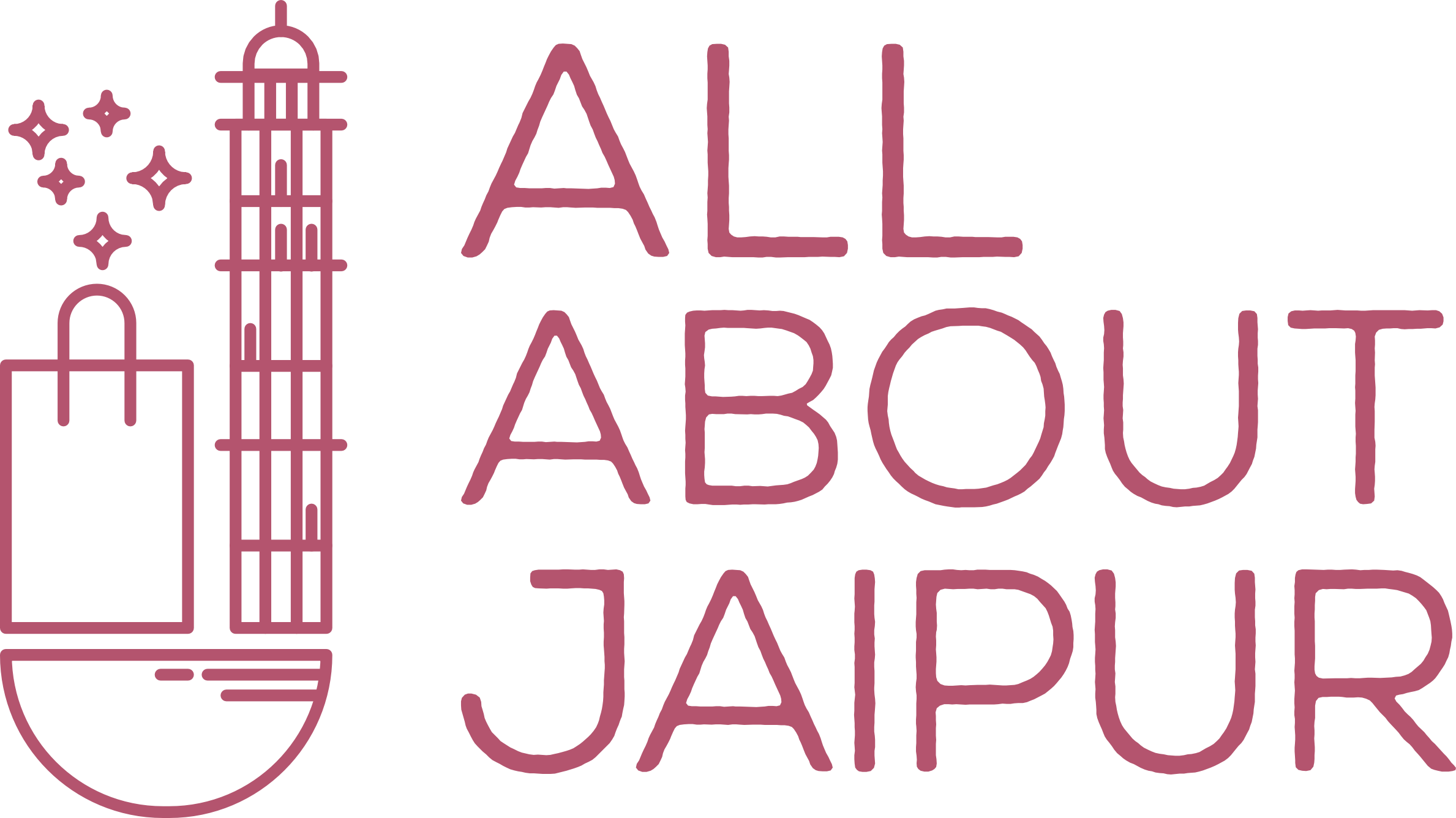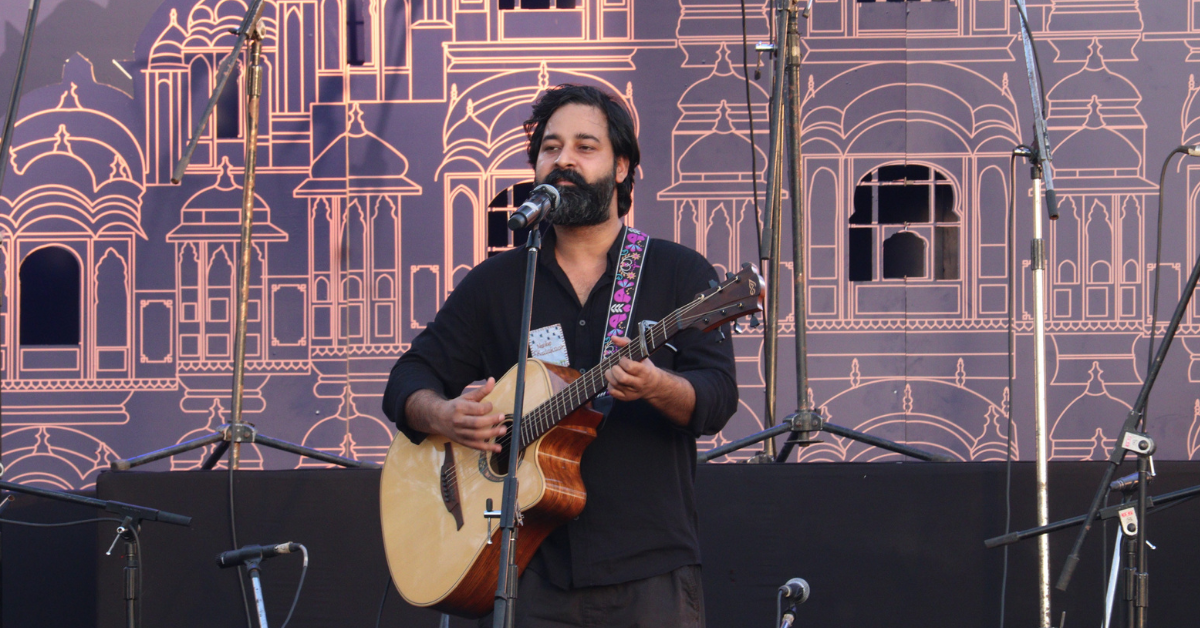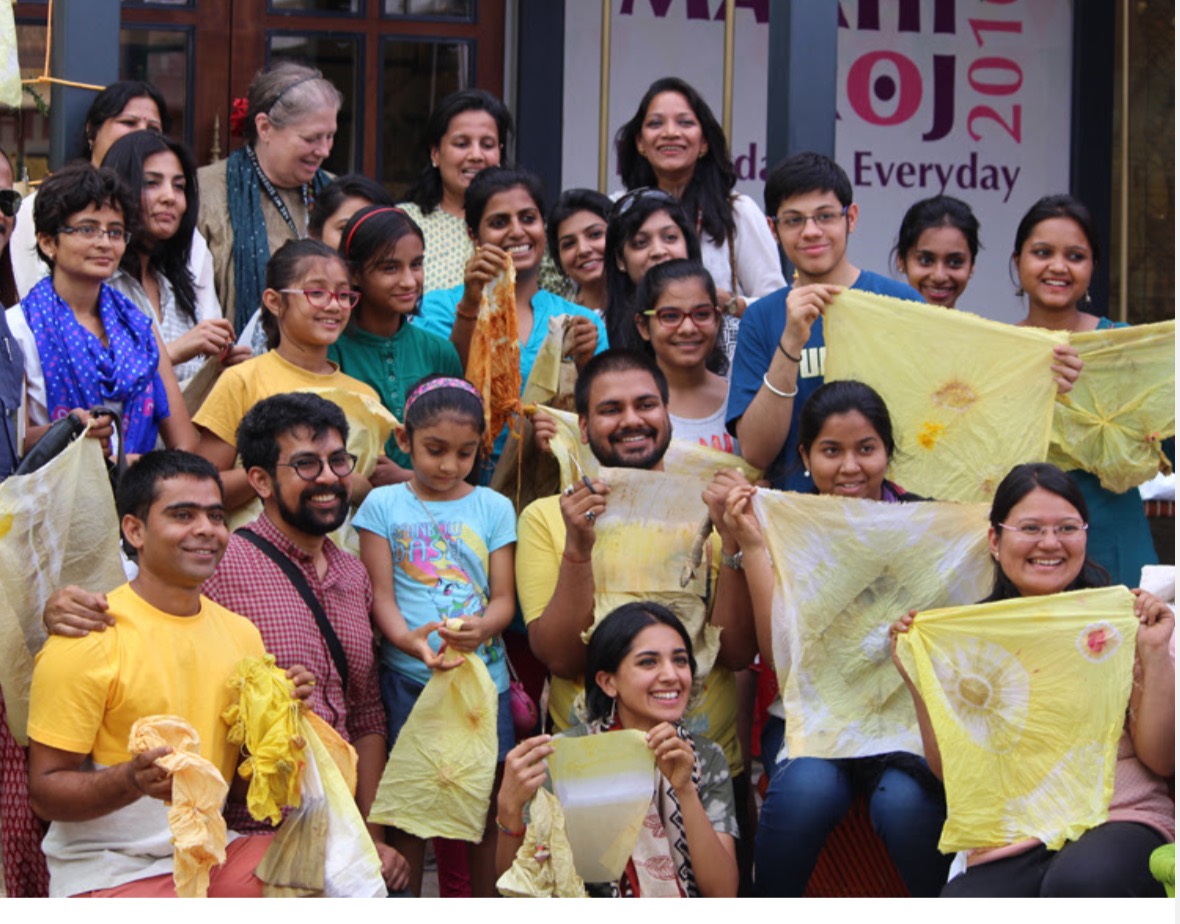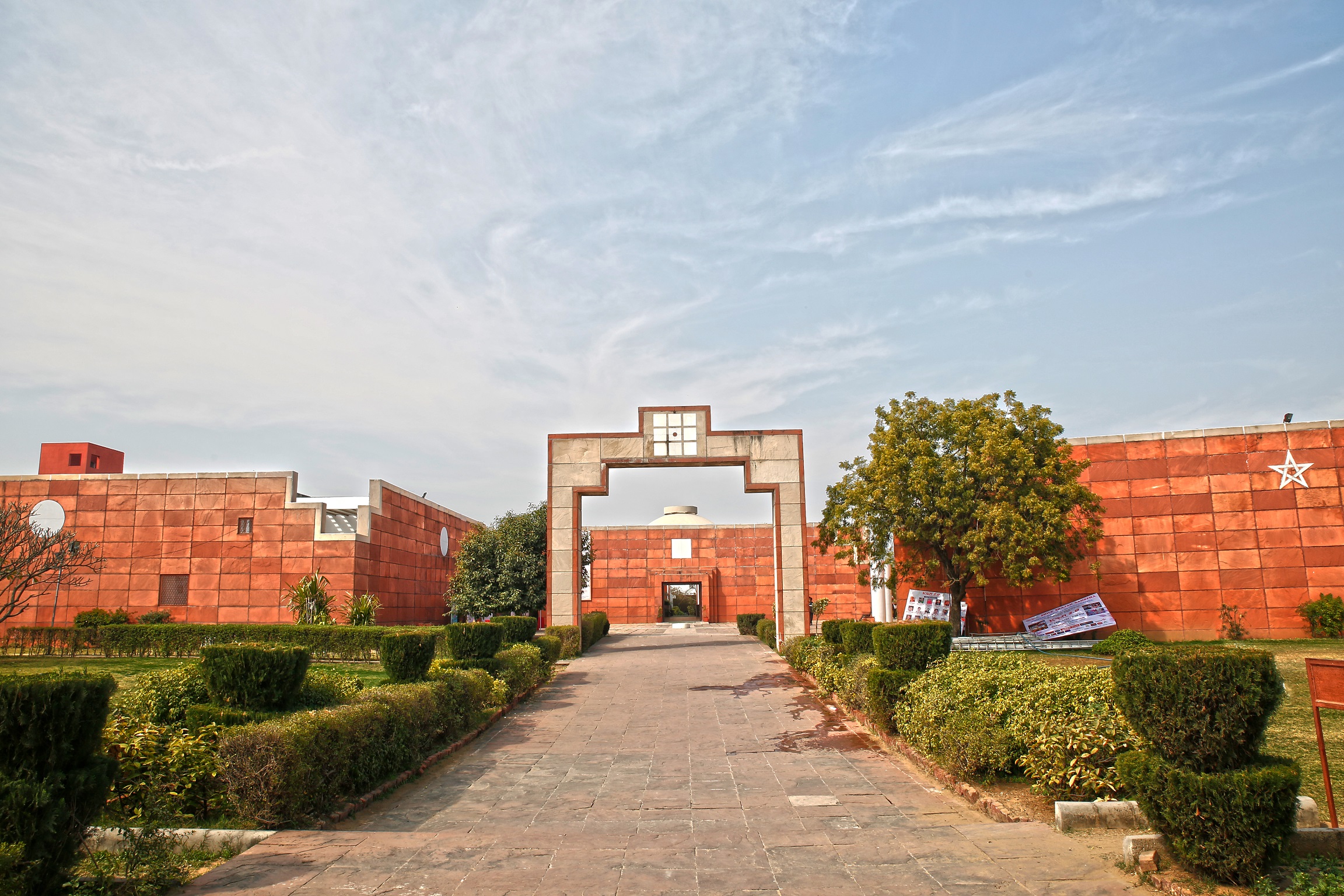Just 30 kilometers from Jaipur, in Bassi lies a sanctuary that breathes life into tales of resilience and compassion. Among its residents are Ranu, a 14-year-old blind and abandoned camel, Rani, a former circus star now liberated from captivity, and Blackie, rescued from a slaughter-bound fate in Shahjahanpur. These camels find solace and care at the Camel Rescue Centre, an initiative by Help in Suffering (HIS) established in 2011.
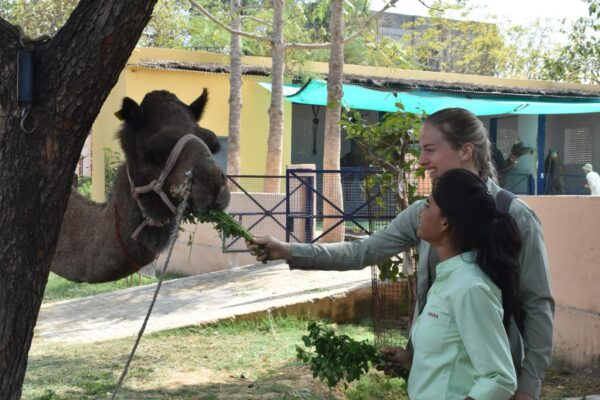
As reports signal a concerning decline in Indian single-humped camel populations, HIS steps up as a frontline champion. Their Camel Welfare Project spans urban centers and remote regions, providing essential veterinary care, including locations like Jaisalmer and the Pushkar Camel Fair. With the United Nations designating 2024 as the International Year of Camelids, underscoring their significance in human livelihoods, HIS’s Camel Welfare Programme emerges as a vital player. Through direct interventions, community training, and rescue efforts, HIS ensures the health and welfare of these vital animals, treating over 5000 camels annually.
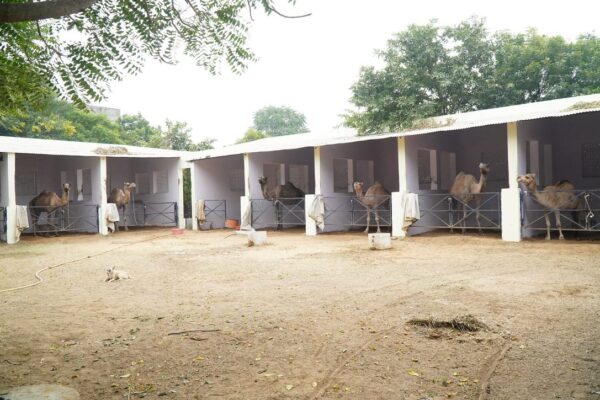
A Beacon of Hope
Sharing more about this initiative, Managing Trustee of Help in Suffering, Timmie Kumar says: “Recognizing the dire need for veterinary services in remote areas, HIS embarked on a mission to build a Camel Rescue Centre and in 2011, with the support of the ELSU Foundation from Switzerland, the HIS Camel Rescue Centre (CRC) emerged in the village of Bassi. This marked Jaipur’s first specialized camel treatment hub, equipped to provide comprehensive care. Here, camels find solace and healing, with a dedicated resident veterinary surgeon and support staff. The CRC team also operates a mobile clinic to provide veterinary care and advice to camel owners in a large number of villages around Bassi.”
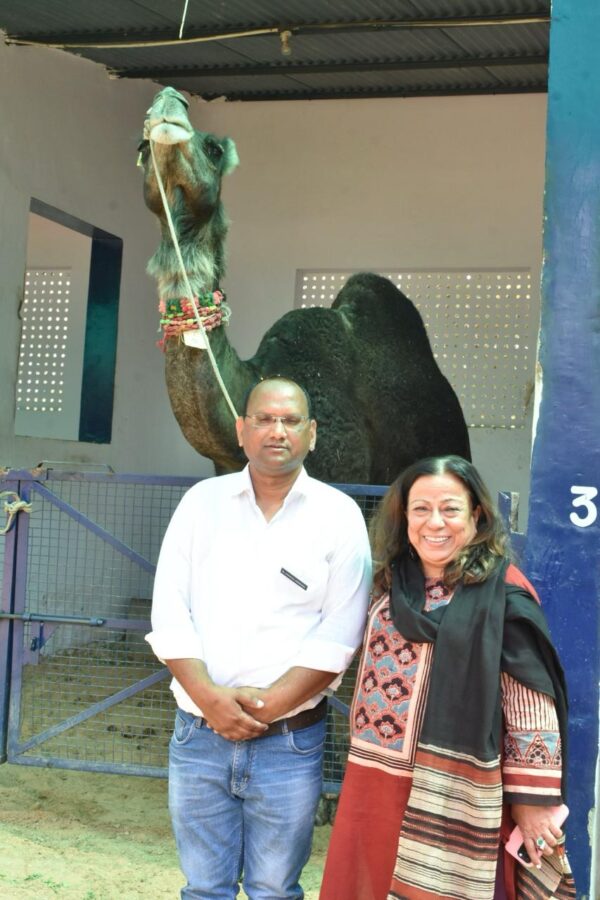
Compassionate Care
The Camel Welfare Programme extends a lifeline to the most impoverished village communities, where access to veterinary services for working camels is virtually non-existent. In and around Jaipur, camels are indispensable for pulling carts, particularly among families struggling on the outskirts with scant access to local veterinary care. For these families, whose livelihoods hinge on the labor of their camels, the inability of a sick animal to work means a loss of daily wages.

Encountering a range of ailments including lameness, diarrhea, colic, impaction, urinary, and respiratory problems, the HIS team ensures timely and comprehensive veterinary care through well-publicized camps and mobile clinics. This approach not only addresses immediate concerns but also promotes the long-term well-being of camels. In addition to providing essential medical treatment, HIS undertakes measures to improve the safety and welfare of camels. This includes replacing traditional nose pegs with humane alternatives and equipping carts with reflectors to reduce road accidents. Furthermore, HIS offers community training, empowering owners with the knowledge and skills needed to care for their animals effectively, thereby ensuring their continued health and vitality.
Tusharika Singh
Latest posts by Tusharika Singh (see all)
- Music experiences in the Pink City - January 11, 2025
- Jaipur Literature Festival 2025 Announces First List of Speakers for Landmark 18th Edition - December 3, 2024
- From Rejection to Recognition: Jaipur’s Abhishek Mudgal joins NSD as stage manager - December 2, 2024
